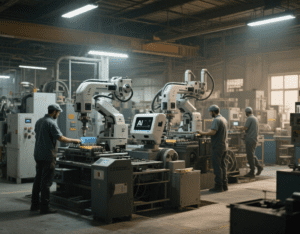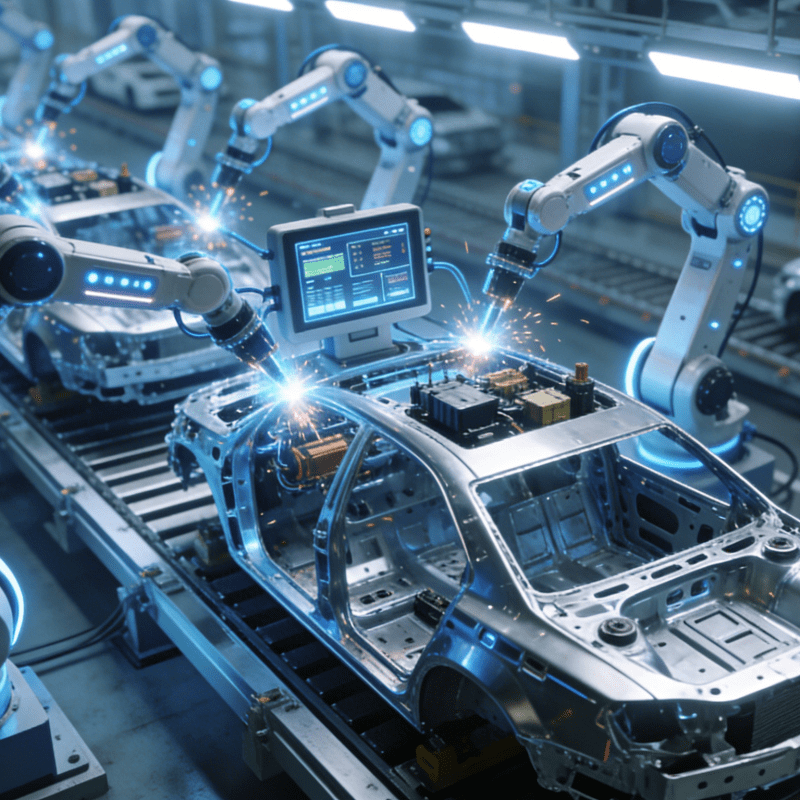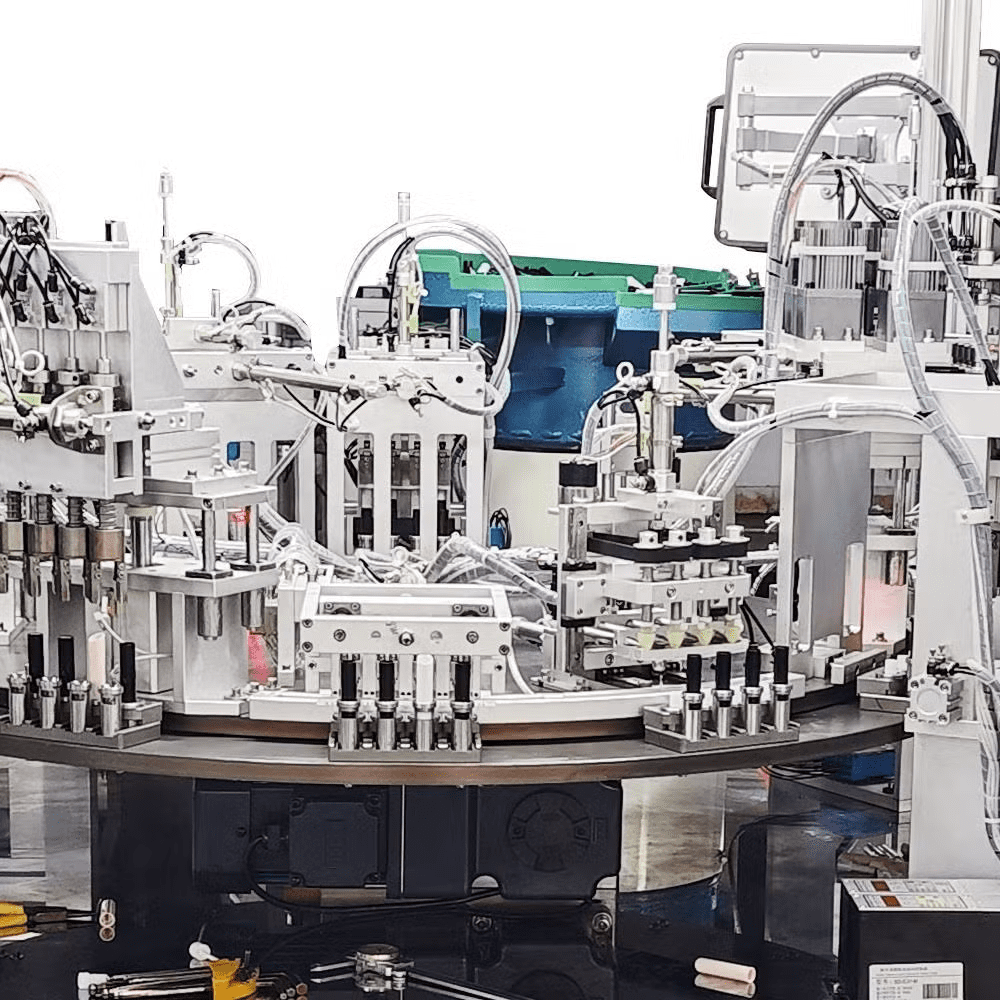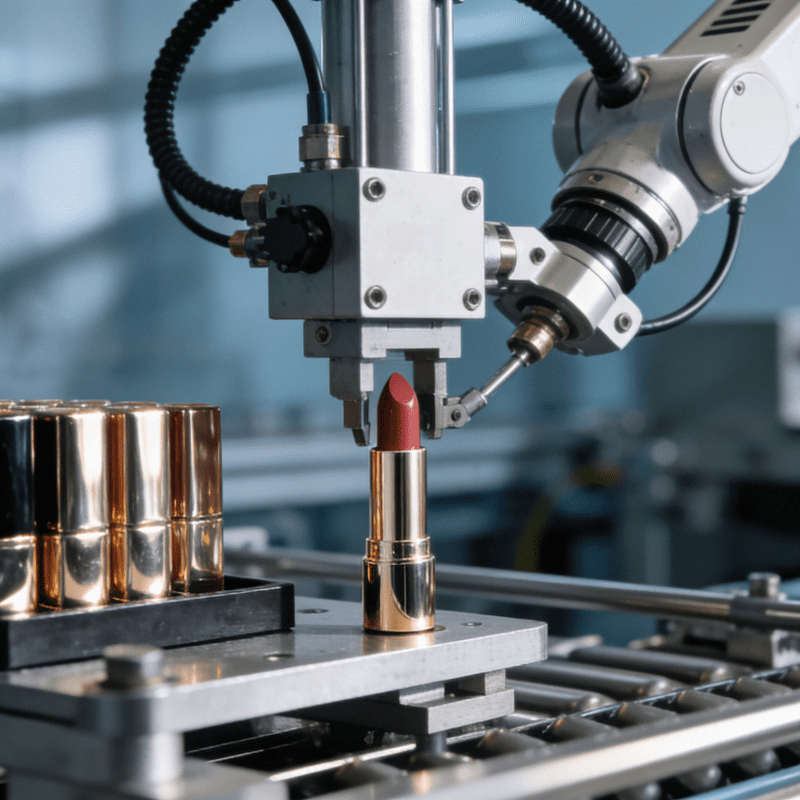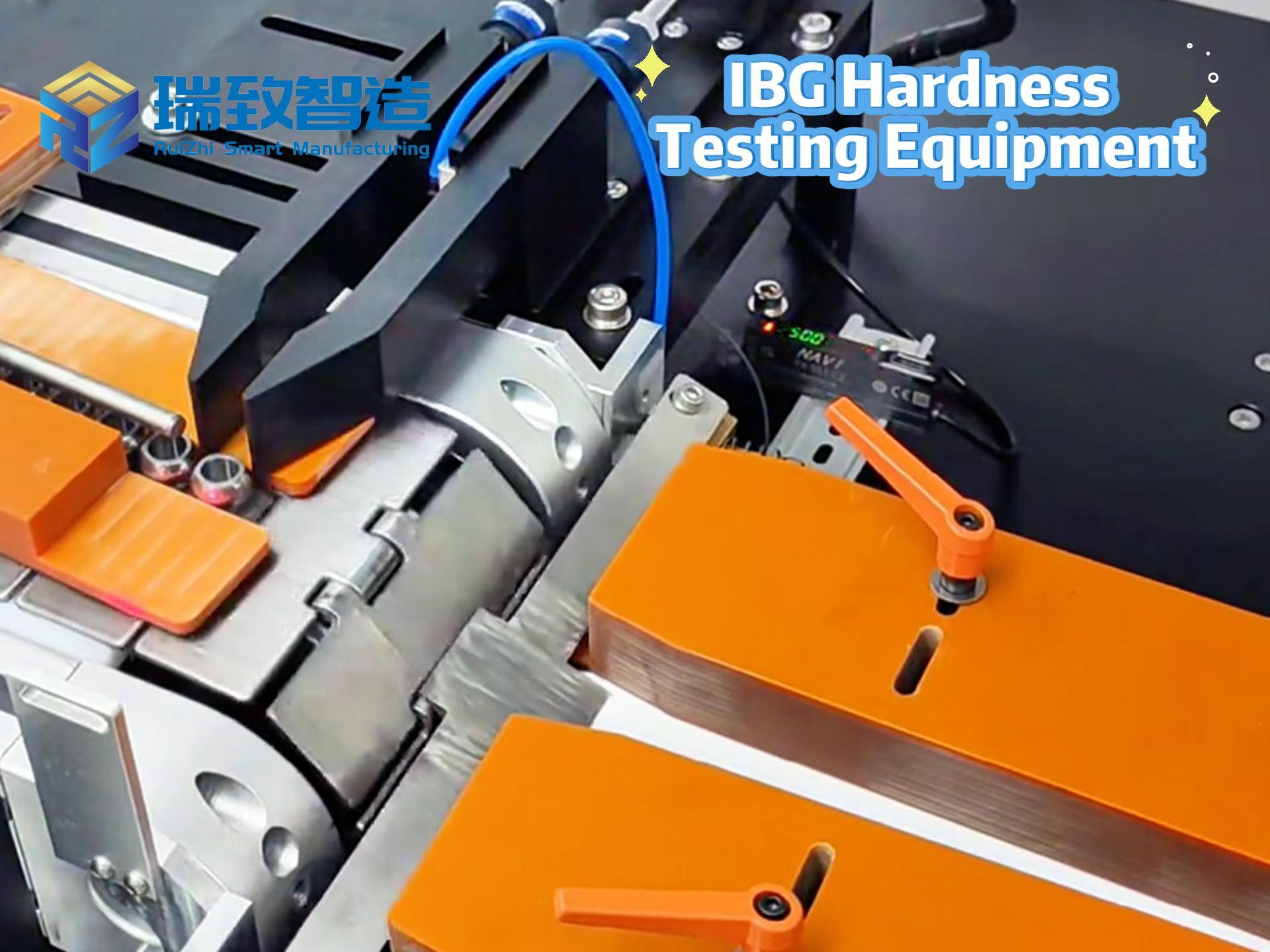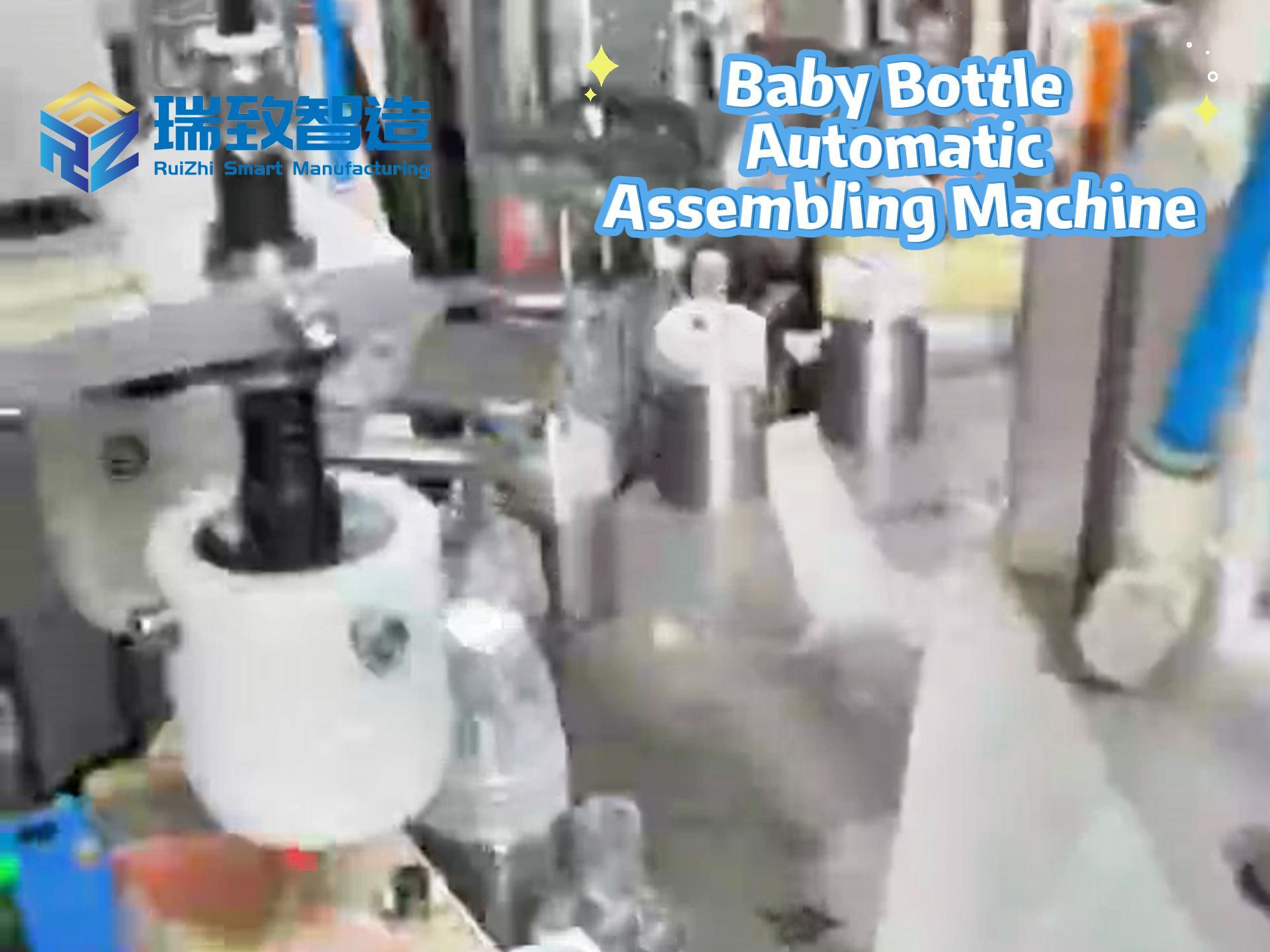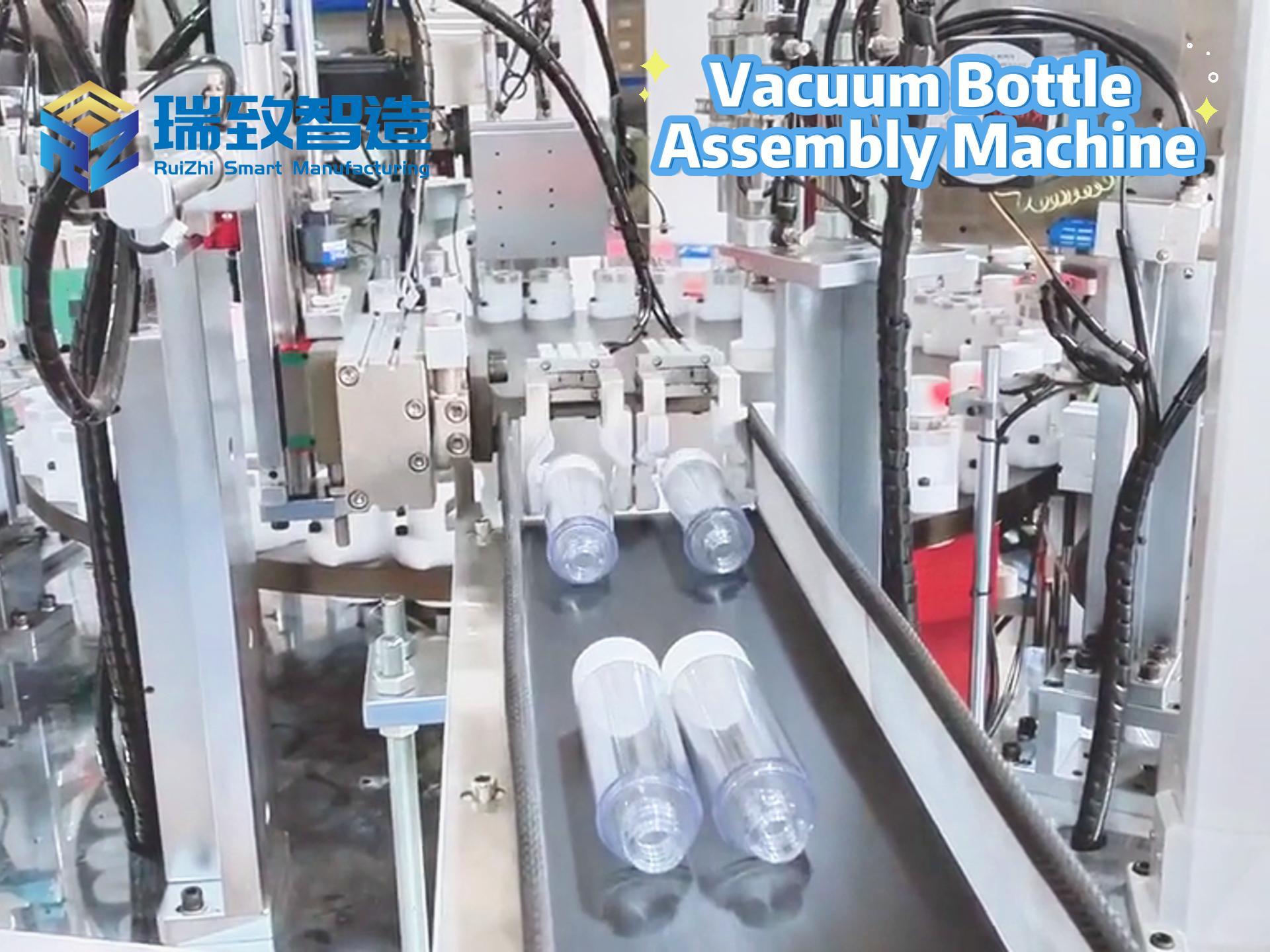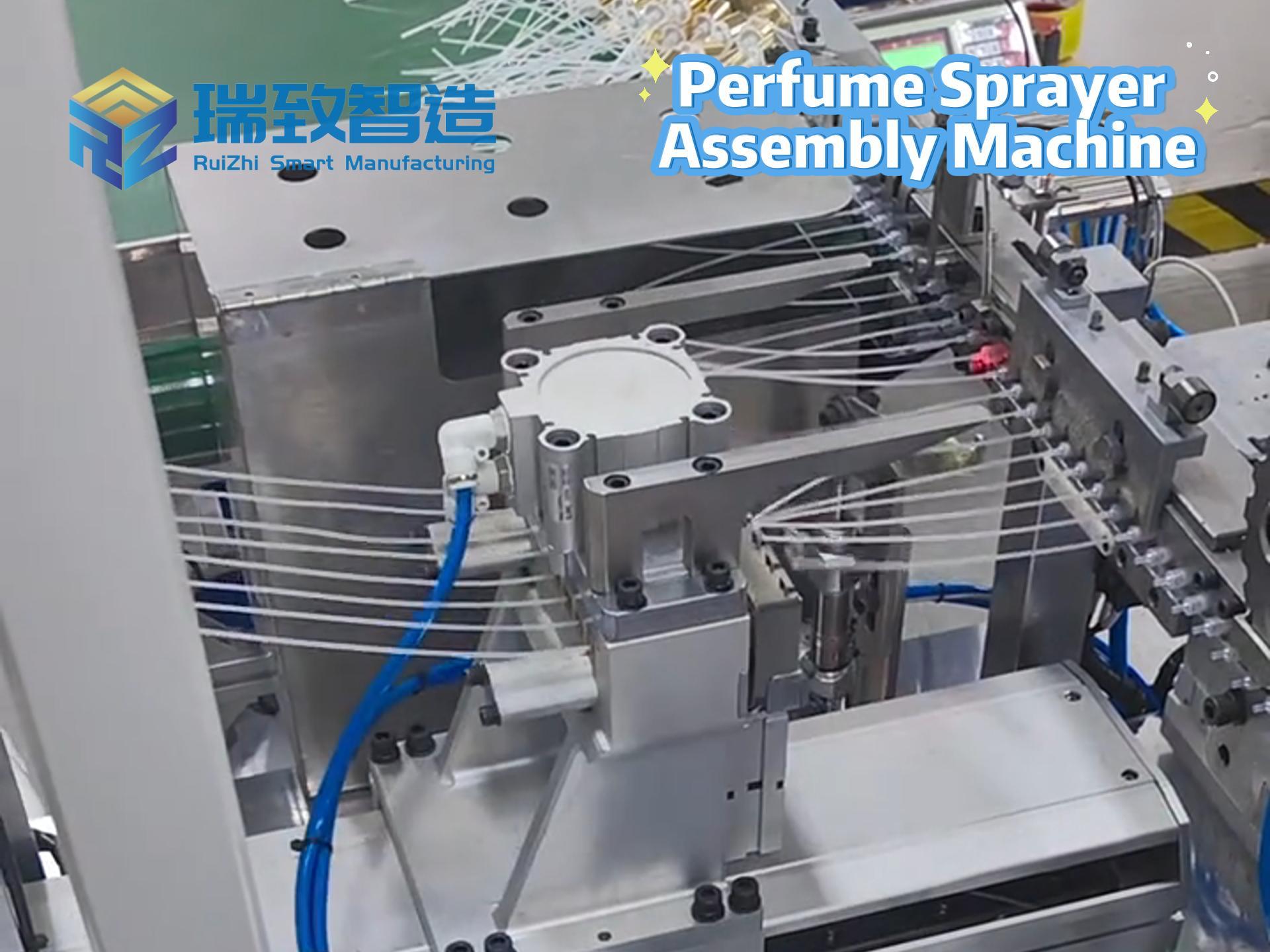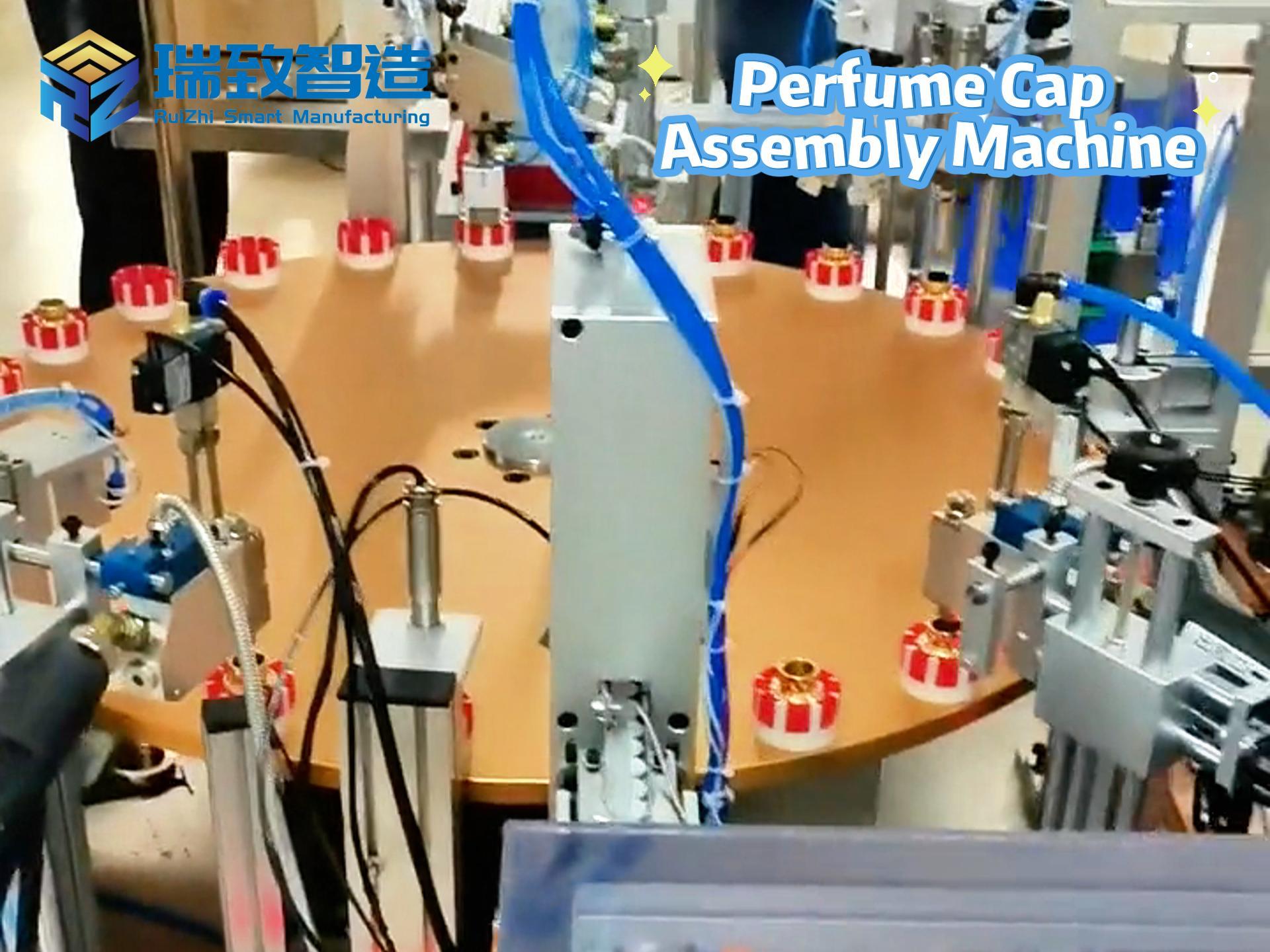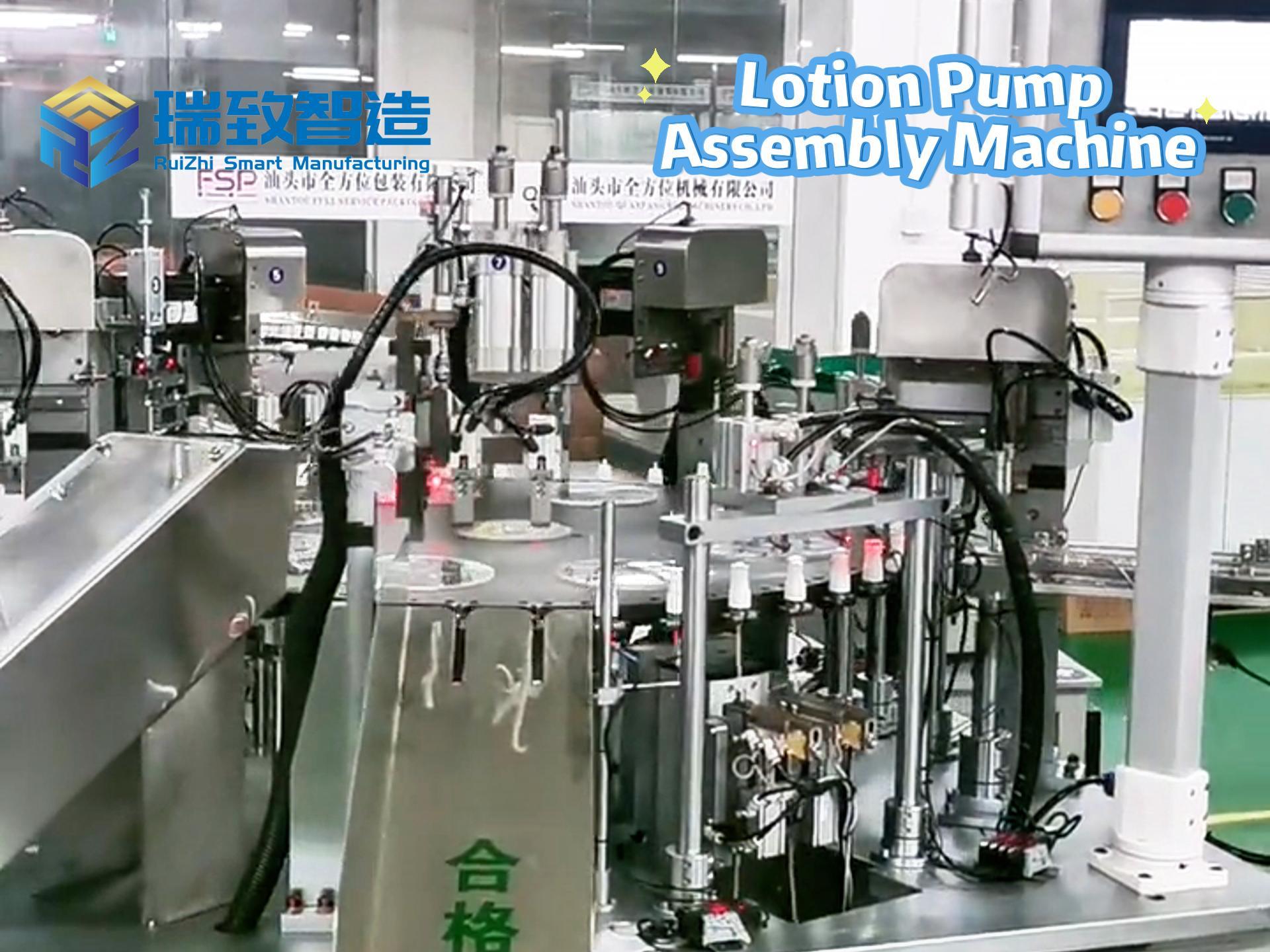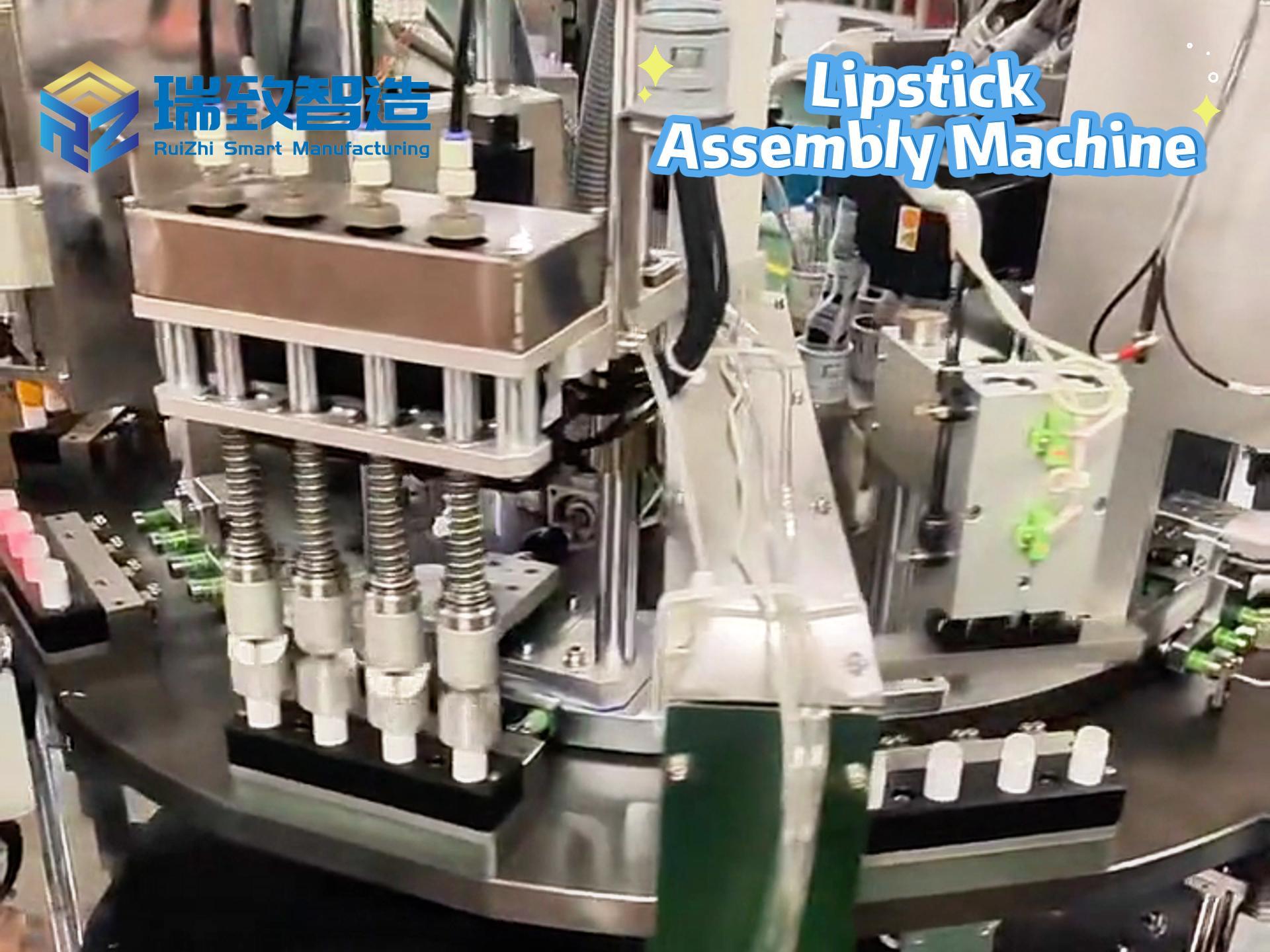Artificial intelligence (AI) has the potential to either complement human labor—freeing employees to focus on more complex tasks—or replace workers, potentially leading to technological unemployment. As Israeli businesses increasingly integrate AI into their operations, this balance will shape the nation’s workforce landscape for years to come.
A new survey by the Israel Democracy Institute (IDI) and the Central Bureau of Statistics (CBS)—the first of its kind in Israel—reveals that AI adoption is accelerating across the country. Over the past six months, 28% of Israeli businesses have used AI, and 32% of employees now work in AI-using companies, placing Israel on par with leading European nations in terms of adoption.
However, the survey also highlights a significant “digital divide” within Israel’s economy. Knowledge-intensive industries, particularly high-tech, are adopting AI at nearly three times the rate of traditional sectors such as manufacturing, trade, and construction. This gap—mirrored in international comparisons with countries like Germany—raises concerns that AI could widen existing disparities between industries in Israel.
AI is widely regarded as a foundational technology, akin to electricity or the internet, with the power to transform economies and job markets. Its impact on employment, though still evolving, is already becoming visible. The survey, which collected insights from senior managers, offers early data on this front:
- 60% of AI-using businesses reported that AI now handles tasks previously performed by humans. Most of these (44%) are “routine and technical tasks,” but a notable 16% involve “tasks that require thinking.”
- 9% of AI-using businesses noted an impact on their workforce size: approximately 5% reduced new hires, while others cut existing staff directly.
While these figures are lower than some predictions of large-scale job displacement, they confirm that AI is already reshaping work. The IDI suggests that, for now, AI is complementing employees more rapidly than replacing them—shifting how tasks are distributed within businesses rather than drastically reducing overall workforce numbers.
Looking ahead, 27% of Israeli businesses plan to adopt AI in the next six months, with larger companies showing greater intent to integrate the technology. A key barrier for non-adopting businesses, particularly in traditional industries, is a “lack of knowledge about AI capabilities.”
The study concludes that Israel’s innovation policy must extend beyond developing new AI technologies in high-tech to prioritizing AI implementation across the broader economy. It also emphasizes the need for major labor market reforms, including expanded employee training and lifelong learning programs, to prepare workers for rapid changes. Critically, policy efforts must address uneven adoption rates to ensure AI-driven growth is inclusive—benefiting all sectors and preventing any group from being left behind.
As AI continues to Israel’s economy, its ultimate impact will depend on how effectively businesses, policymakers, and workers adapt. By fostering widespread adoption, bridging skill gaps, and ensuring equitable access to AI’s benefits, Israel can position itself to turn this technological shift into a driver of inclusive growth—rather than a source of division.
Is there any specialized technical forum that discusses toilet flush valve assembly machines?
How to choose a toilet flush valve assembly machine that suits you?

